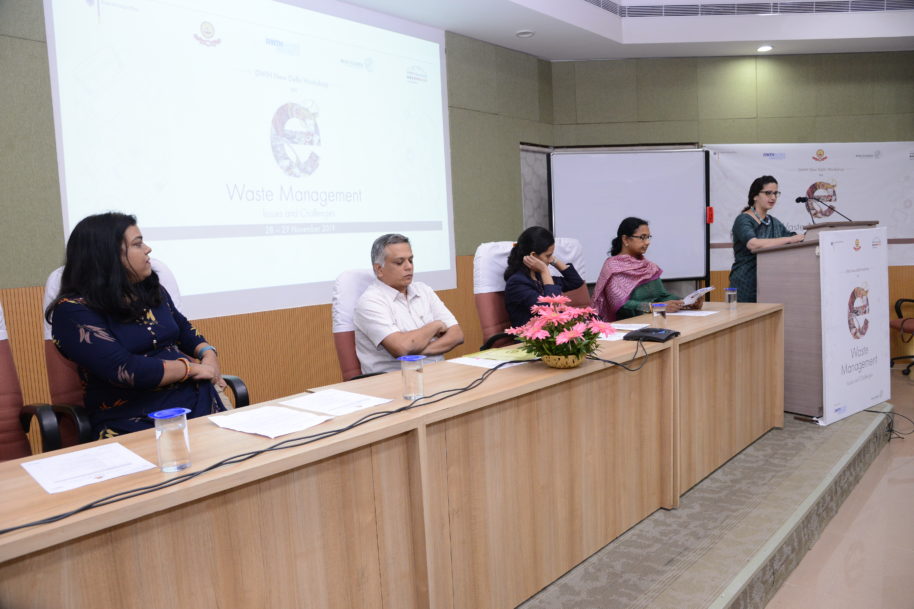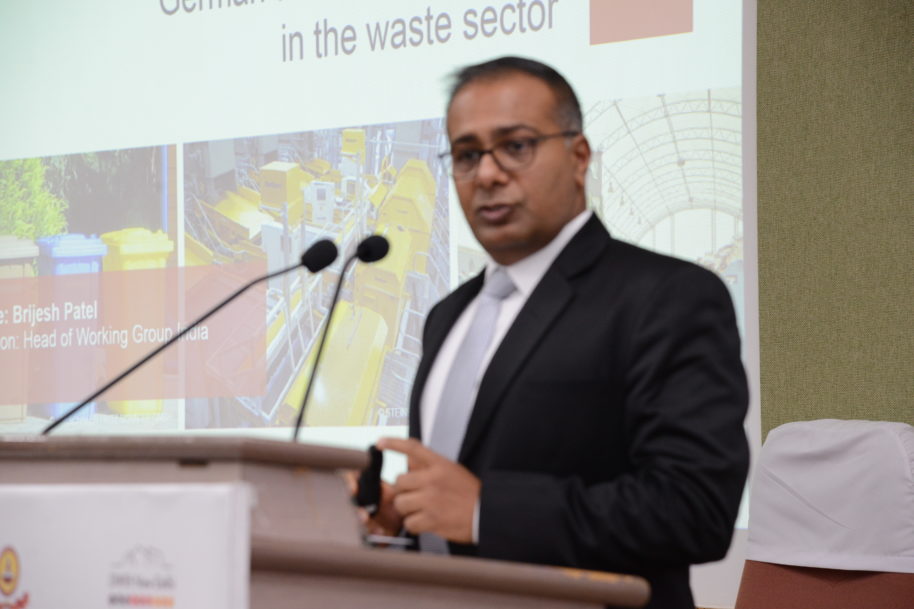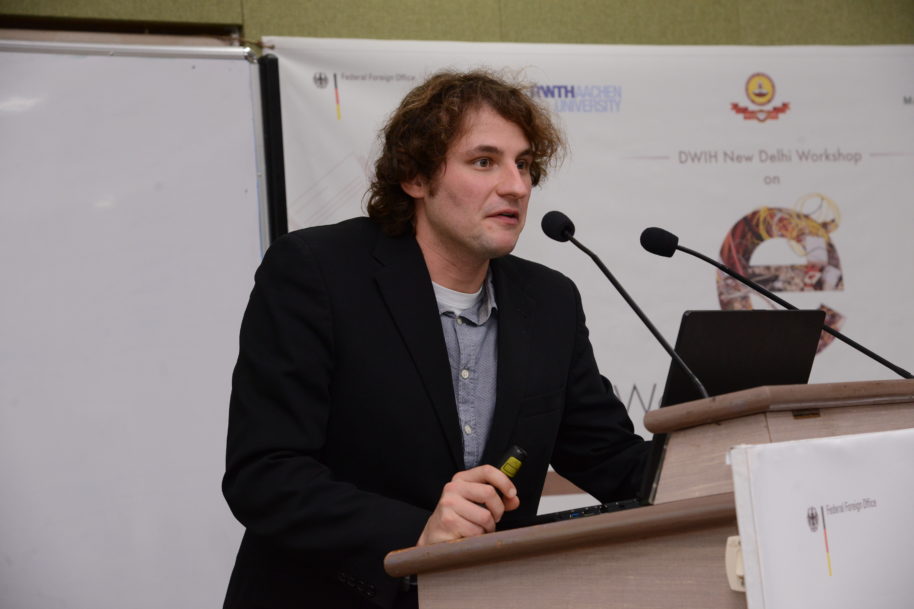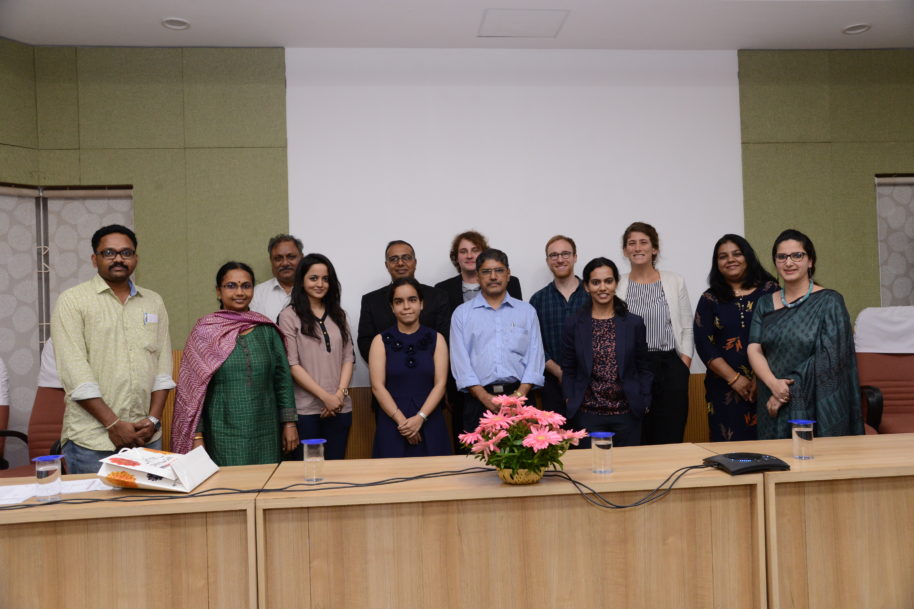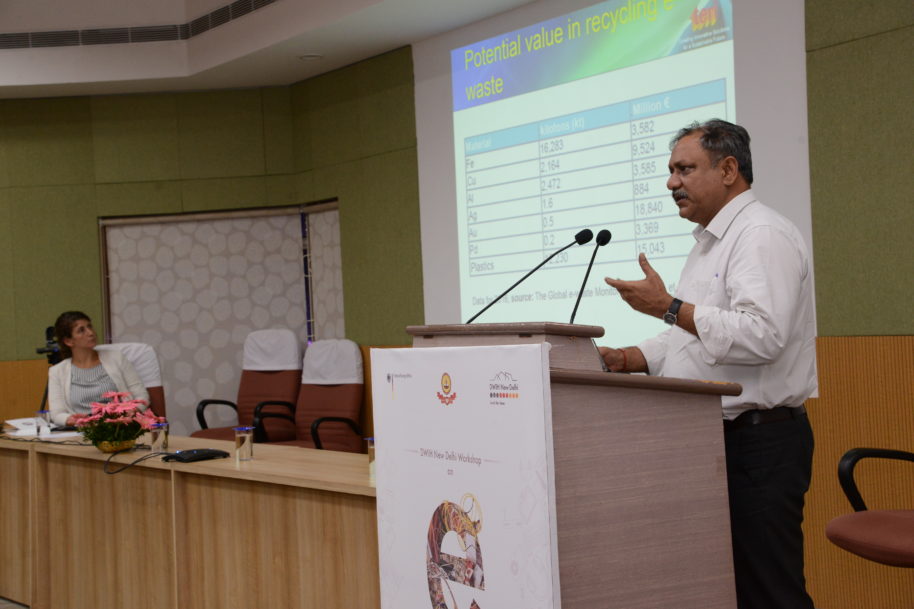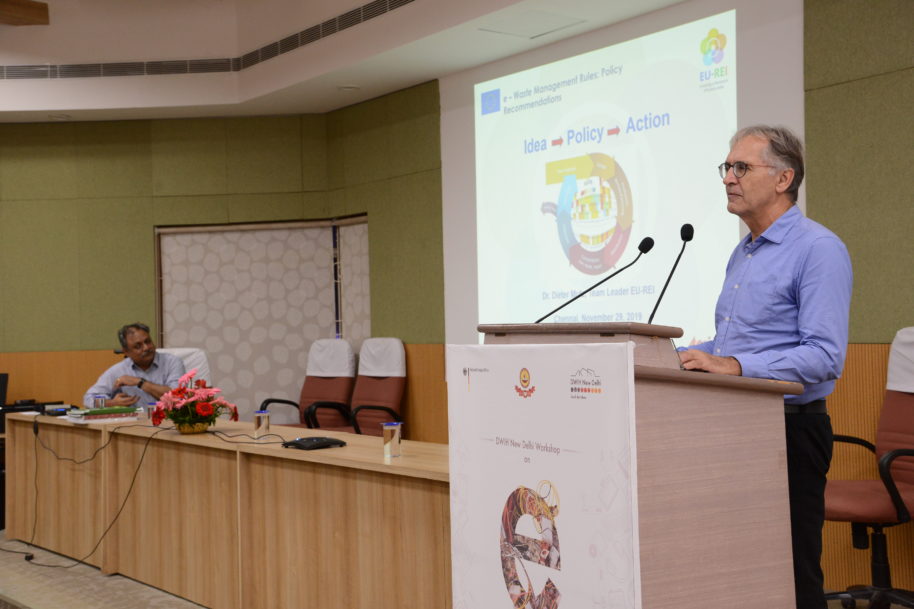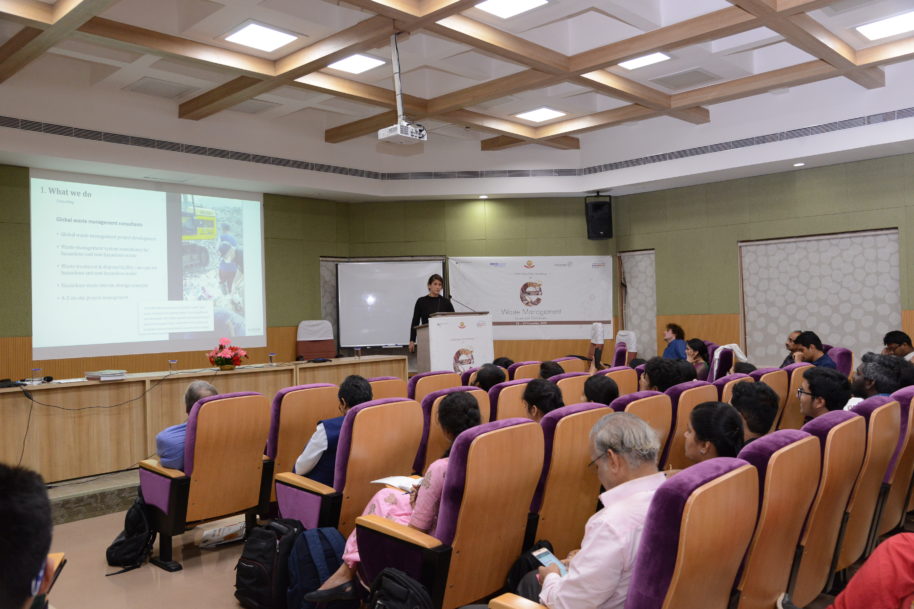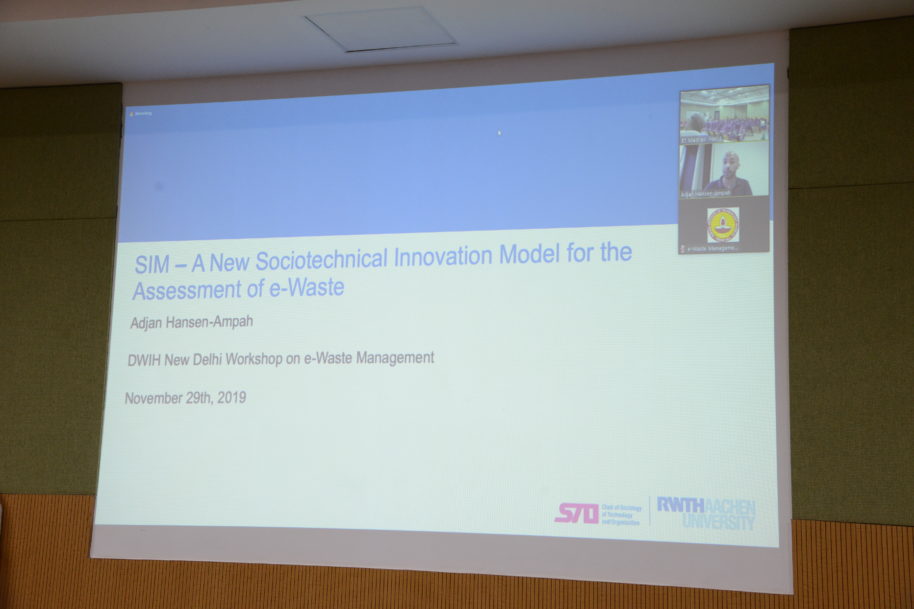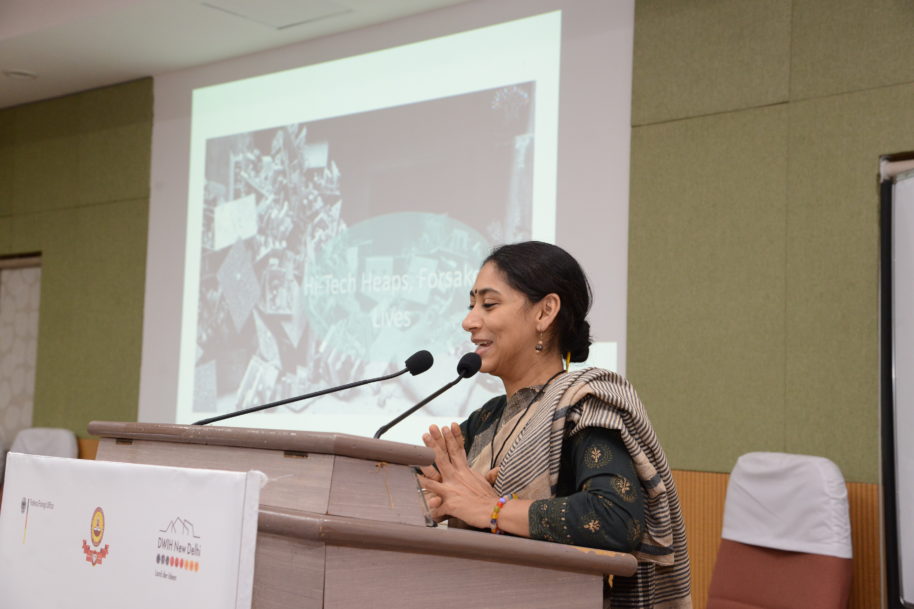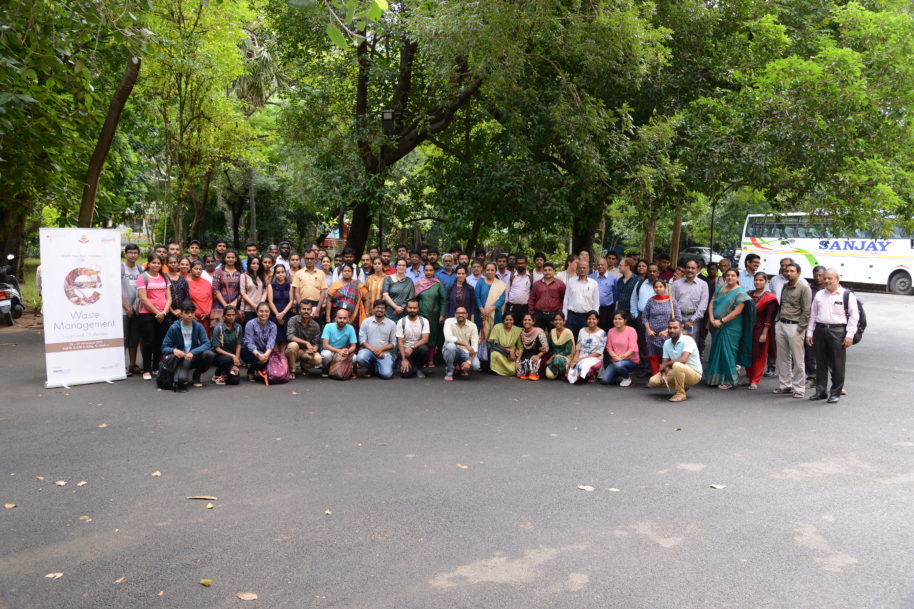Workshop: E-Waste Management - Issues & Challenges
The world around us is gradually becoming virtual. In both our private and professional space, we rely increasingly on technology and consequently, on electrical and electronic equipment (EEE). These electronic devices, however, have finite lifespans and need to be discarded at the end of their “useful life”. The result is mounting volumes of electronic waste or e – waste.
Event Information
November 28 to 29, 2019
Chennai
Organizer(s): DWIH New Delhi, RWTH Aachen University, and Max Planck Society
Download presentations and find video excerpts here!
Download: Dr. Dieter Mutz [pdf, 1.90 MB]
Download: Ms. Rafaela Craizer [pdf, 2.14 MB]
Download: Ms. Elisabeth Smith [pdf, 3.14 MB]
Download: Dr. K G Pradeep [pdf, 2.45 MB]
Download: Dr. Suneel Pandey [pdf, 493.88 KB]
Download: Mr. Adjan Hansen-Ampah [pdf, 2.62 MB]
Download: Dr. Roland Weber [pdf, 2.28 MB]
You can also find some video excerpts of the talks here.
Venue: Hall-3, Ground Floor, IC & SR Building,(Near Gajendra Circle), IIT Madras, Chennai – 600036
Selected Photos
Concept Note
The UN e – Waste Coalition Report (January 2019) estimates the worldwide e – waste production to be as much as 50 million tonnes a year (over 6 kg for every person on the planet). India is said to be the 5th largest producer of e – waste in the world, with volumes estimated to cross 5 million tonnes per year by 2021. Inadequate recycling infrastructure only compounds the menace. At present, only 5 % of e-waste is recycled in India; 95% is managed by the unorganized sector and scrap dealers who dismantle the products and dispose them off instead of recycling.
This results, for one, in higher cost and lower rate of recovery of many valuable materials like gold, platinum, cobalt and rare earth elements present in e – waste. And for another, in health and ecological risks which arise due to direct contact with harmful and, often, carcinogenic components of e-waste such as lead, cadmium, chromium etc., as well as from contaminated soil, water and food due to accumulation of chemicals from e – waste. The emissions of these persistent organic pollutants can also perturb the atmospheric chemistry and climate by altering the concentration of several important atmospheric gases on a regional scale.
Due to lack of implementation of well- meaning and stringent regulations like the “E – Waste (Management) Rules, 2016” in India, which highlight specific responsibilities for each party involved in the production, disposal, and management of e – waste, there is a dire need to involve industry – academia collaborations encompassing the spectrum of fundamental research, technology development, improved e-waste management, and effective policy making. This two – day workshop therefore intends to serve as a platform to industry, academia, research institutions, Non-Governmental Organizations (NGOs), and policy makers to discuss the research, technologies, and policies required to manage e-waste and its larger climate and societal impact. Experts from India and Germany will share their ideas, presentations, studies and research findings aimed at exploring the following broad themes.
Panels
Recycling Technologies: Opportunities & Challenges
Mr. Brijesh Patel
Working Group India – German Recycling Technologies & Waste Management Partnership e.V.
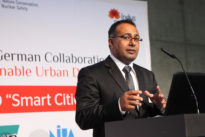
Brijesh Patel heads the working group India for the RETechGerman Partnership, where he overlooks all area of cooperation on environmental framework, project development and market entry services for RETech members. German RETech Partnership is the biggest association of Solid waste management and Recycling companies. He is founder and owner of Indus Media where he provides leadership, business planning, operations, management and alliance/partner development. He is also member and coordinator of Asia-Pacific Forum Berlin/Asien-Pazifik-Forum Berlin e.V(APFB) and various other non-for-profit organisations promoting cultural and international business. Brijesh has 13+ years of experience in business development, project management and organising high level networking and investment promotion interaction events for German and Indian companies. He has a good mix of private, public and social sector experience having worked with start-up, multi-national, Indian business houses as well as government organizations. Prior to starting Indus Media, he was worked extensively in the trade and investment development sector in Germany & Italy. Brijesh has done his graduation from the Mumbai University with a Bachelor’s degree in commerce & economics and Diploma in HR Management from St. Xavier’s College Mumbai.
Mr. Michael Schmelcher
AfB Social and Green IT

Michael Schmelcher currently manages the AfB site in Berlin. Furthermore, he is in charge of some projects regarding the strategy and the development of AfB. The social business AfB has specialized themselves in unrecoverable data deletion and remarketing of decommissioned IT hardware from European corporations and public institutions. Michael Schmelcher started his career at AfB in the CSR department, then he set up the first branch of AfB, which is specialized in dismantling IT hardware. Before joining AfB, Michael studied economics, politics and business in Germany and France. He worked for an NGO in Cameroon, for a car manufacturer, as well as for a sustainability consultancy.
Recycling of Plastic in e-Waste
Dr. Roland Weber
UN Expert
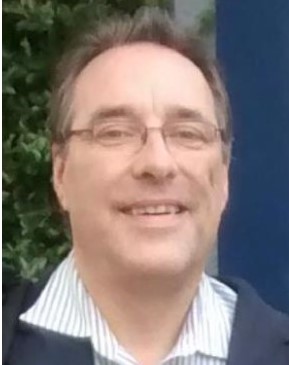
Dr. Roland Weber is chemist and has been researching on persistent organic pollutants (POPs) for 25 years. He has been working as an international consultant mainly for UN Organisations (UNEP, UNIDO, UNDP, Secretariat of the Stockholm Convention) and environmental ministries on the implementation of the Stockholm Convention (www.pops.int) for 15 years now and has supported more than 30 countries in their National Implementation Plan development for POPs reduction. His areas of expertise include dioxins, other unintentional POPs and chlorinated, brominated and fluorinated POPs and POPs-like chemicals. He is drafter/co-drafter of several technical inventory and guidance documents on Best Available Techniques and Best Environmental Practices (BAT/BEP) for the Stockholm Convention and is member of the UNEP/Stockholm Convention Dioxin Toolkit und BAT/BEP group.
He has published more than 120 peer-reviewed papers in scientific journals (www.researchgate.net/profile/Roland_Weber3).
Dr. Suneel Pandey
TERI
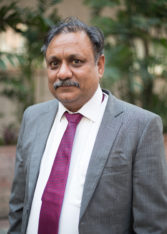
Dr. Suneel Pandey is Senior Fellow and Director, Environment & Waste Management Division, TERI. In addition, he is also working as Adjunct Faculty and Head for Centre for Regulatory & Policy Research of TERI University. He has more than 30 years of consultancy/ research experience in the areas of municipal, industrial and hospital waste management, waste-to-energy issues, impact assessment, air, water and soil quality monitoring, site assessments, performance evaluation of ETP and institutional strengthening and capacity building. He has obtained his Ph. D. degree in hazardous waste characterization from Nagpur University while working as Project Fellow at NEERI, Nagpur. Prior to joining TERI, Suneel has worked for ERM India and at the Hong Kong University of Science and Technology on development of landfill liner for containment of land disposed hazardous waste and deriving material balances and associated environmental pollution for Hong Kong region as part of Post Doctoral Research.
Metals Present in e-Waste
Dr.-Ing. KG Pradeep
IIT Madras
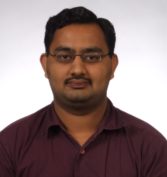
Dr. K. G. Pradeep is currently Assistant Professor in the Department of Metallurgical and Materials Engineering at IIT Madras. He completed his PhD from Max-Planck Institut für Eisenforschung GmbH and RWTH Aachen University, Germany in 2014. He was also a visiting scientist at Forschungszentrum Jülich, Germany. Prior to joining IIT Madras, he was the Group Leader for Atom Probe Tomography at RWTH Aachen University. His expertise lies in the fields of Alloy Design, Correlative Microscopy and combinatorial approaches. He has published 45 peer-reviewed journal publications in the fields of Physical Metallurgy, Magnetic materials with a H-index of 18. He is currently the Co-ordinator of National Facility for Atom Probe Tomography (NFAPT) at IIT Madras.
Ms. Elizabeth Smith
StEP Initiative
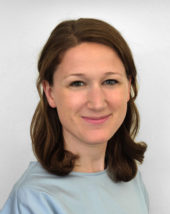
Elisabeth Smith is leading the StEP Initiative, she is heading the Dismantling- and Recycling-Centre (DRZ) in Vienna, a socio-economic facility for the treatment of e-waste. Elisabeth is an environmental scientist with a keen interest in e-waste management and in-depth knowledge of the subject on an international level. Besides this Elisabeth is the Executive Director of the StEP Initiative, a multi-stakeholder platform bringing together different actors engaging in the management of e-waste on a global scale. Before joining the DRZ, Elisabeth worked for the United Nations Industrial Development Organization (UNIDO) where she focused on developing and implementing e-waste management projects in East Africa and Latin America.
e-Waste Management Rules: Policy Recommendations
Dr. Dieter Mutz
EU resource Efficicency Initiative
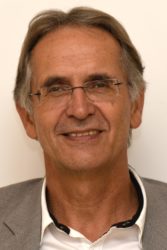
Since January 2017 Dieter Mutz acts as Team Leader for the EU-financed project called “Resource Efficiency Initiative for India”. Since January 2016 he also holds a position as lecturer at the University of Applied Sciences, Northwestern Switzerland, an academic and research organization he was already affiliated from 1999 until 2010. From 2010 until 2015, he was the Director of the Indo-German Environment Partnership Programme (IGEP), jointly implemented by the Indian Ministry of Environment Forests & Climate Change (MoEFCC) and GIZ (Deutsche Gesellschaft für internationale Zusammenarbeit), financed by the German Ministry for Economic Cooperation and Development. The program had a focus on sustainable urban and industrial development, land and resource management as well as environmental protection and climate change mitigation.
The professional background of Dieter is sanitary engineering and he has more than 30 years of work experience with bi- and multilateral development organisations (GTZ, KfW, SECO, DEZA, UNIDO, World Bank, IDB) with assignments in Latin America, the Middle East and South Asian regions. His technical expertise lies in eco-efficient resource management and integrated solid waste and waste water management. Dieter holds a doctorate from the University of Karlsruhe where he studied Sanitary Engineering.
Mr. Morton Hemkhaus
adelphi research gemeinnützige GmbH
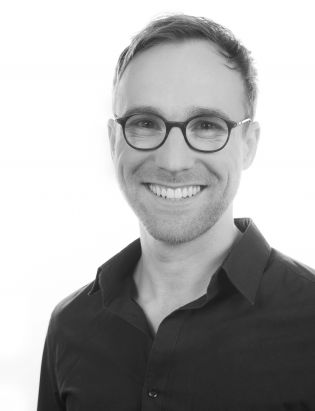
Morton Hemkhaus works on projects relating to circular economy, resource efficiency and waste management. In this context he designs, implements and evaluates development cooperation projects in the plastics, electronics and textile industries. His main focus lies on the design and implementation of Extended Producer Responsibility (EPR) systems. Further, he is responsible for the coordination of adelphi’s internal environmental management system in accordance with the requirements of the European EMAS Regulation. Prior to joining adelphi, Morton worked on CSR and business ethics in academia, non-profits and private sector consulting. He holds a master’s degree in environmental management and policy from the International Institute for Industrial Environmental Economics (IIIEE) in Lund, Sweden.
Project Presentations: Solutions to deal with e-Waste
Ms. Rafaela Craizer
BlackForest GmbH

Ms. Rafaela Craizer is environmental engineer, graduated in Brazil and Australia. In 2012, she commenced her master’s degree at TU Darmstadt, Germany and, in 2013, she went to Tunisia to work with solid waste management for the German Development Agency (GIZ). In 2014 she started working for the ALBA Group in Berlin, one of Germany’s largest recycling company, where she had the opportunity to develop and manage projects in China, Hong Kong, Indonesia, Singapore, Afghanistan, Pakistan, Kosovo, Spain and Middle East countries. Since 2018, she has been working for the German waste management company BlackForest Solutions and is technical consultant for an e-waste project in Ghana.
Mr. Pranshu Singhal
Karo Sambhav
Pranshu is the Founder of Karo Sambhav Pvt Ltd which started its operations in 2017. Karo Sambhav, collaborates with enterprises and enables them to close their material loops by designing and implementing transformative Extended Producer Responsibility (EPR) programmes for Waste from Electronics (E-waste) and Plastics Waste.
Karo Sambhav develops socially responsible, and financially sound circular solutions by collaborating with disintegrated players across the waste value chain. Karo Sambhav’s technology platform and systems foster good governance, fairness, trust, transparency, and traceability. Prior to Karo Sambhav, Pranshu was Director, Digital Learning Strategy in the Worldwide Education team of Microsoft for 3 years. He had worked with Nokia as Head, Sustainability for 11 years and was based in Finland, Singapore and India.
He is a Aspen Fellow, a Ashoka Fellow, a Chevening Gurukul Fellow, and a Aspire Circle Fellow. Pranshu has a Master’s in Environmental Management and Policy from International Institute for Industrial Environmental Economics (IIIEE), Sweden.
Impact & Assessment on Environment and Ecology
Prof Kurian Joseph
Anna University
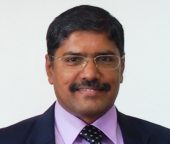
Kurian Joseph is an environmental engineer, currently Professor at Centre for Environmental Studies and Director, Internal Quality Assurance Cell (IQAC) Anna University, Chennai, India. He received his B.Tech. degree in Civil Engineering (1986) from the University of Calicut, M.Tech. in Environmental Engineering(1989) from the University of Kerala and Ph. D in Environmental Engineering(2001). The main areas of his interest include Municipal Solid Waste Management, Industrial and Hazardous Waste Treatment, Cleaner Production and Environmental Management Systems. He is a life member of five Professional Associations in the country, author of several technical papers in international journals and a consultant on environmental matters. He was a member of the committee drafted the “ e Waste Policy” of Government of Tamil Nadu. He is an Expert member of the Tamilnadu State Level Advisory Committee on Solid Waste Management and also a member of the National Steering Committee for the Technology Need Assessment Project in the Waste Sector setup by TIFAC. He is currently associated with the Commissioner of Municipal Administration, Government of Tamilnadu, in the implementation of projects related to Biomining of Dumpsites.
Ms. Priti Mahesh
ToxicsLink

Priti Mahesh is an environmentalist and has been involved in various environment issues for more than a decade. She is currently working as a Chief Program Coordinator at Toxics Link, a not-for-profit environmental organization based in India and has been responsible for conceptualizing and putting into action many environmental initiatives and campaigns, especially on waste and chemical issues.
Priti has been engaged in various researches on quantification, hazards, practices related to E- waste and has great understanding of international best practices on E-waste management. She has worked extensively on the policy and legal aspects of E-waste and has been deeply involved in the formulation of E-waste Rules in India. She has in- depth knowledge on the informal recycling sector in the country.
She has been also associated with the issues of Bio-Medical waste management and Mercury and has extensively worked on occupational safety issues in health care, mercury management in healthcare institutions and bio-medical waste minimization. Priti is a Physics Graduate and started her career in the corporate sector.
Mr. Adjan Hansen-Ampah
RWTH Aachen University

Adjan Hansen-Ampah is a sociologist of technology who specializes in Innovation Research and Social Network Analysis. He is currently part of the PhD program Verbund.NRW, which works towards increasing the resource efficiency of composite building materials and constructions by developing closed-loop supply chains.
In Verbund.NRW, Mr. Hansen-Ampah examines the social networks which develop in the innovation processes of modern composite materials. To do so, he created an innovation model that – for the first time – integrates the use and end of life phases of innovations and also captures the corresponding heterogeneous, phase-specific social networks. Since this innovation model (Social Innovation Model, SIM) is not technology-specific, it can also be adapted to electronic products and the waste resulting from them
IIT Madras
IIT Madras
Address:
Indian Institute Of Technology, Chennai, Tamil Nadu 600036
Phone:
044 2257 8004

